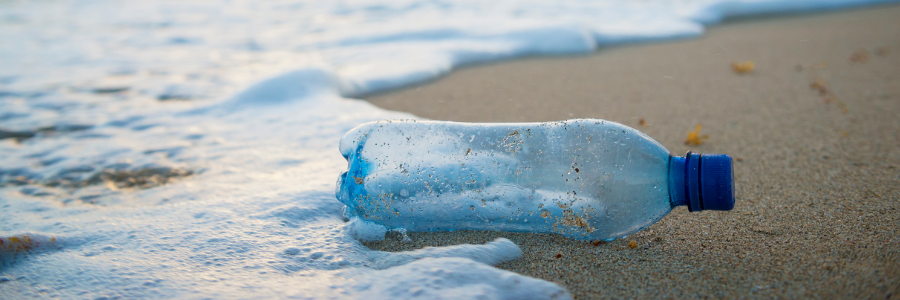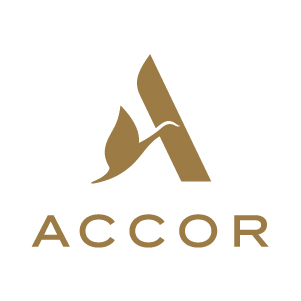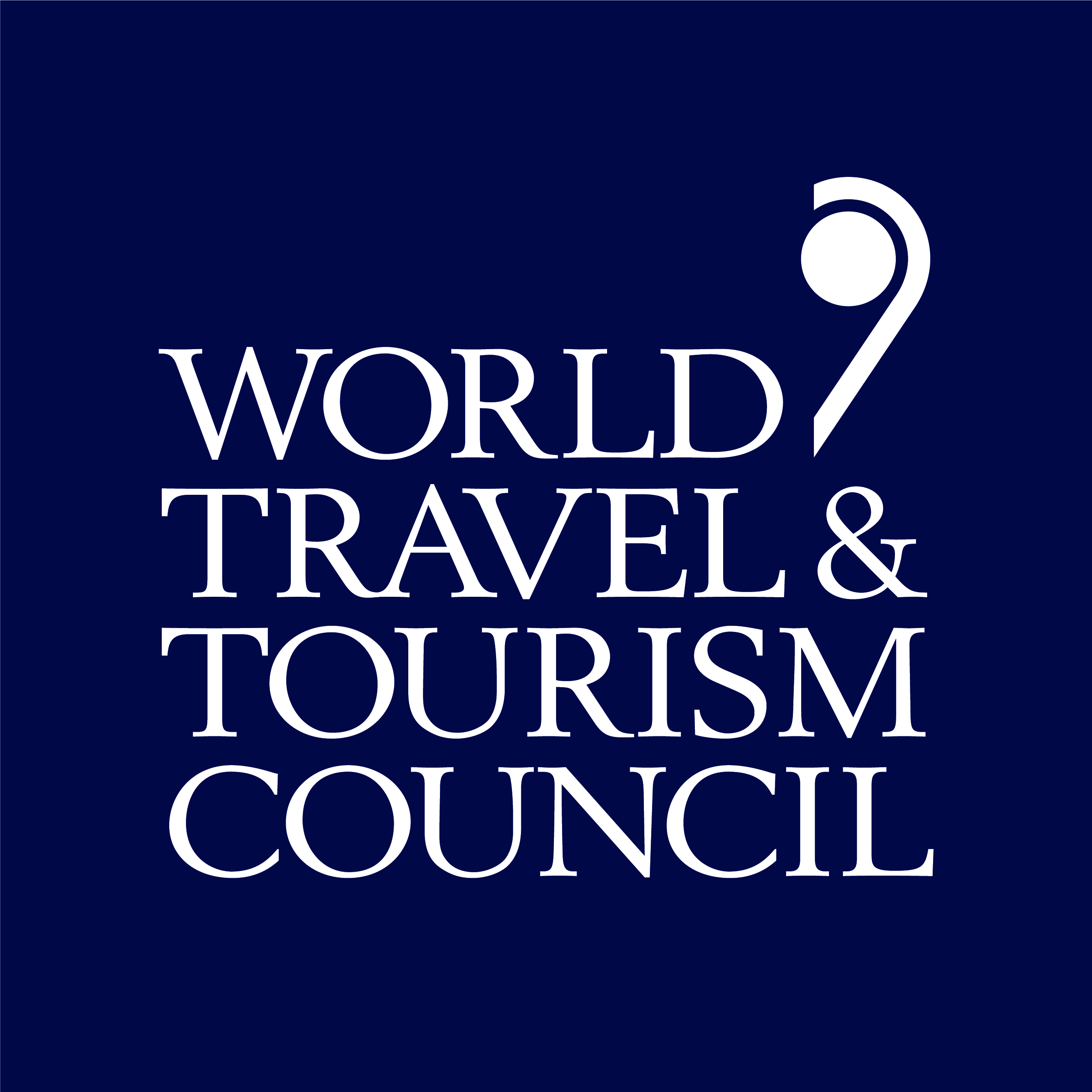Single-use plastics: Challenges and solutions to eco-friendly travel

The Travel & Tourism sector, while vital to the global economy, is a significant contributor to plastic pollution, particularly through single-use plastic products (SUPPs). These products, such as water bottles, disposable toiletries, plastic bags, and food packaging, pose a major environmental challenge. Addressing this issue is essential not only for environmental sustainability but also for the long-term health of the sector, as plastic pollution diminishes the attractiveness of tourist destinations and affects visitor numbers.
Sign in to access actionable insights
The Travel & Tourism sector, while vital to the global economy, is a significant contributor to plastic pollution, particularly through single-use plastic products (SUPPs). These products, such as water bottles, disposable toiletries, plastic bags, and food packaging, pose a major environmental challenge. Addressing this issue is essential not only for environmental sustainability but also for the long-term health of the sector, as plastic pollution diminishes the attractiveness of tourist destinations and affects visitor numbers.
The challenge
Plastic pollution has become a visible problem in popular tourist destinations, especially in regions with inadequate waste management systems. Up to 90% of ocean plastic originates from land-based sources, and plastic waste from tourism spikes during peak seasons. Items like water bottles and plastic toiletries are pervasive across the accommodation, aviation, and cruise industries. The convenience of SUPPs, driven by safety, hygiene, and operational efficiency, has made them integral to the tourism value chain.
The sheer volume of SUPPs produced and discarded in the sector presents a massive challenge. For example, in hotels, water bottles alone make up 32% of all SUPPs by weight, followed by disposable toiletries (31%) and plastic bags (15%). The high levels of waste, combined with inadequate recycling infrastructure in many destinations, mean much of this plastic ends up in landfills or the ocean.
Moving towards circular economy
The concept of a circular economy is a key solution to tackling plastic pollution. This model emphasises reducing the demand for SUPPs, promoting reusable alternatives, and ensuring that waste is either recycled or repurposed rather than ending up in the environment. A major focus within the tourism industry is on phasing out unnecessary SUPPs and moving toward more sustainable practices.
One approach for promoting eco-friendly travel is for businesses to switch to alternatives that are reusable or have a lower environmental impact. However, switching SUPPs for alternatives like biodegradable or compostable materials comes with its own set of challenges, such as increased costs and the lack of compatible waste management infrastructure. Moreover, the end-of-life treatment of products needs to be considered, as not all biodegradable materials can be easily processed by existing waste systems. This makes it essential for travellers to be aware of eco-friendly travel tips that prioritise sustainability throughout their journey.
To effectively reduce plastic pollution and foster eco-friendly tourism, strong collaborations between the private sector, governments, and local communities are necessary. Public policy plays a crucial role in creating a conducive environment for reducing SUPPs. Many countries, including Canada, New Zealand, and members of the EU, have implemented regulations to limit the use of single-use plastics. For example, the EU's Single-Use Plastic Directive has been one of the most far-reaching policies aimed at eliminating SUPPs.
Private sector initiatives also play a significant role in eco-friendly travel. Many tourism businesses have voluntarily committed to reducing or eliminating SUPPs. Examples include banning single-use plastic straws or replacing miniature toiletries with bulk dispensers. However, the success of these initiatives often depends on consumer behaviour, waste management infrastructure, and strong enforcement of regulations, making eco-friendly tourism efforts a shared responsibility for all involved.
Leading the charge
Several tourism businesses have made notable strides in reducing their use of SUPPs, serving as case studies for industry-wide best practices:
- Cyprus hotels: A project led by the Travel Foundation in 2011 successfully reduced plastic consumption in Cyprus hotels by 25%. The initiative involved simple yet impactful changes, such as replacing single-use plastics with reusable alternatives and training staff about sustainable practices.
- Six Senses hotels: This luxury hotel chain eliminated plastic water bottles across its properties, replacing them with reusable glass bottles. They also introduced refillable bathroom amenities, reducing their reliance on plastic packaging.
- TUI Group: The TUI Group, a major player in global tourism, has implemented widespread changes to reduce plastic waste across its operations. Their efforts include eliminating single-use plastics on flights and cruises and introducing reusable alternatives in their resorts.
These success stories highlight how collaboration, innovation, and a commitment to sustainability can lead to meaningful reductions in plastic use, setting an example for the broader sector. Therefore, as consumer awareness grows and more businesses commit to eliminating SUPPs, the sector can move towards a more sustainable and environmentally-friendly future.


















